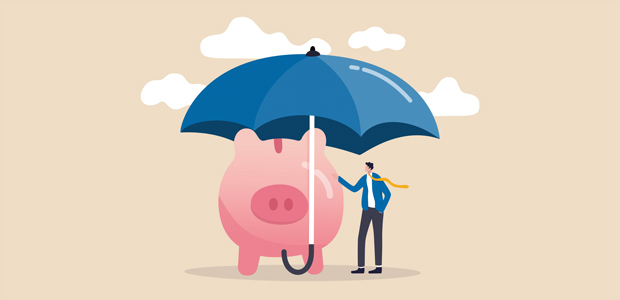
Sunshine and Showers
Business, and the economy as a whole, can be very much like the English weather – sunshine and showers. We all know that long range forecasts are less accurate than short range ones, simply because there are a greater number of unpredictable factors to try and consider, and a small variable in any one of them can change the final outcome quite considerably.
Predicting the future accurately is impossible, but the greater the amount of data and the more detailed the research, the more accurate any predictions will be. Whilst many of us do not want to know exactly how something might turn out, it is, nevertheless, very beneficial to have an idea of the expected setting, so that we are better placed to make any plans.
To draw on the analogy further, both the economy and the weather can go through periods of stability and periods of great uncertainty. Clearly forecasting is easier during periods of stability, but even during such times it is certain that these will not last forever, and that things will change sooner or later.
Just as 2020 was an extremely challenging year for many businesses and sectors, it has been widely reported this week that growth in GDP is now forecast to bounce back sharply, and rise more quickly than at any time in the last 70 years or so. Nobody predicted the sharp contraction in 2020 at the beginning of that year, and nobody predicted such a rapid rise in 2021 at the beginning of this year. So even short term forecasting can also be very inaccurate because of unforeseen events.
There are two very obvious areas that highlight this – one from the business world and one from natural world, but both have obvious comparisons in the other. The first is in the preparation of financial forecasts in a business plan. These are of course necessary in order to try and estimate the level of income and the necessary steps that need to need to be taken, and the costs associated with them, in order to ensure that the level of sales can be achieved. Inevitably the one year forecast will be more accurate than the five year one, as the longer the forecast there are more known, and indeed more unknown, variables that might blow them off course.
The second is in the ever changing British weather. It is not unusual for it to change very quickly and in complete contrast to the forecast. As such, when going out for the day, or certainly if going away for a week, it always make sense to take clothing to cover all contingencies whatever the forecast weather might be. This should be the case in business also. Whilst forecasting and trying to predict the future as accurately as possible can help in planning business strategy and your next steps, it always pays to have a plan B, and even a plan C, for when your predicted path will inevitably be blown off course in one way or another.
So whether it is business or the economy, or the weather, forecasting and trying to predict the future is notoriously difficult to do accurately, and the further ahead the forecast, the less accurate it will become. Because of this it is always best to be flexible and to try and have already thought through a number of different scenarios and how you will react to them. This way you are much less likely to get caught out.
Just as in going out for the day it is often worth taking something warmer to wear or an umbrella just in case it rains, in business it is better to make conservative forecasts and build in contingencies for unforeseen circumstances, rather than to over promise and under deliver.

